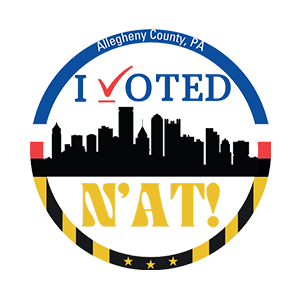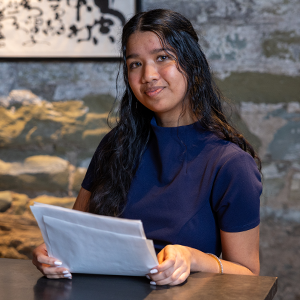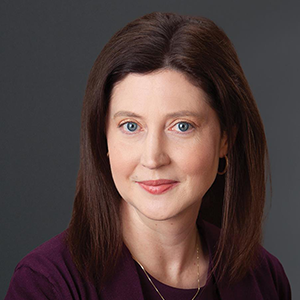A Safe Place

he latest Veterans Administration numbers on veteran and active-duty military suicides put the figure at about 20 per day. The suicide rate for veterans is 1 ½ times the rate for non-veterans. Veteran suicides have exceeded 6,000 a year every year since 2008. That’s more than 72,000 lives lost. That’s about two infantry divisions, plus two aircraft carriers, plus two Air Force wings, plus two Coast Guard districts.
Those are pre-COVID numbers, before so many avenues of communication and basic human contact went on hiatus.

“Things are just getting worse for veterans, especially now, with so many things closed down,” says Michael Lisovich, a retired Marine Corps warrant officer who came back to Pittsburgh after 38 years of service. “For someone with PTSD, you take away the social aspect, it’s harder to get appointments at the V.A., the pressure builds up.”
Lisovich has a number of business interests, including Wines of America, a business he took over from his grandfather. Wines of America has a building in Homestead, across from the Homestead Borough Building on East Seventh Street. Last Memorial Day, he was talking with his childhood neighbor and lifelong friend, retired Mt. Lebanon teacher and Marlin Drive resident Sue Watson, about the veteran suicide problem. Many students and parents remember the Veterans Day presentations Watson would do every year at Mellon Middle School. Her father, Jack Watson, was a Marine who fought on Iwo Jima.
“I thought, ‘we have the space here in the building, why not put it to good use?’” says Lisovich. “What about if we opened this place up?”
Watson was wrapping up her teaching career, and she welcomed the chance to use her time and talent to help some people who had served the country. So the Wines of America basement became the headquarters of Veterans Helping Veterans.
Veterans Helping Veterans held a soft opening in February, and Watson says people who stopped in were excited about the new venture. Her talent for finding free or almost-free stuff is evident in the array of tables, couches and even a baby grand piano, all picked up for free or for under $100.
The space has a couple of computers, a high-demand item for vets who may not have computer access anywhere else, since COVID shut down public libraries in Allegheny County for several months. A few board games, some TVs, books and military-themed photos add to the welcoming feel of the place.
Vets are invited to bring in some old photos or pose for new ones to adorn the Boulevard of Heroes. A Missing Man table allows vets to pay tribute to those who aren’t around anymore. VHV even has its own support animal, a golden retriever mix named Eli.

“It’s like a living room away from home,” Lisovich says.
“We serve breakfast every day, coffee, lunch,” says Watson. “Some people just come to hang.”
Sometimes all it takes is a well-timed cup of coffee; finding someone to talk with who knows what you’re going through, more than your family or your closest friends do; maybe some quality time with Eli, and you leave the center in a better mindframe.
Sometimes that’s not enough.
VHV partners with dozens of organizations, and Watson is rapidly becoming an expert and finding her way through the byzantine pathways of government bureaucracy that vets need to negotiate to receive benefits and enroll in programs.
“If we don’t provide it here, we can put them in touch with who they need to see,” she says. “There are a lot of resources that they don’t know are available.”
During his almost four decades as a Marine, Lisovich served as an infantryman and military policeman before transitioning to anti-terrorism and nuclear, biological and chemical weapons defense. He served in the Gulf War and put in several deployments to Iraq and Afghanistan.
In addition to running Wines of America, Lisovich started a nonprofit called Meadows Edge, an umbrella organization that includes VHV; Safe Harbor, a veterans’ support and suicide prevention program; The Mon Qua Project, a microenterprise program that benefits women in Vietnam who produce Fair Trade handicraft items; and Project Bumblebee, an initiative that fights global human trafficking.
All of the Meadows Edge projects combine technology with human interaction. Lisovich is working on a mobile app for at-risk veterans, allowing them to get in touch with other vets with similar backgrounds to discuss their depression and other issues.
“We want to connect veterans with the help and treatment they need, so they can break the cycle of depression that can lead to suicide,” he says. “We need to break the cycle.”
Veterans Helping Veterans is at 210 E. Seventh Street in Homestead. Hours are 8 a.m. to 4 p.m. weekdays.





